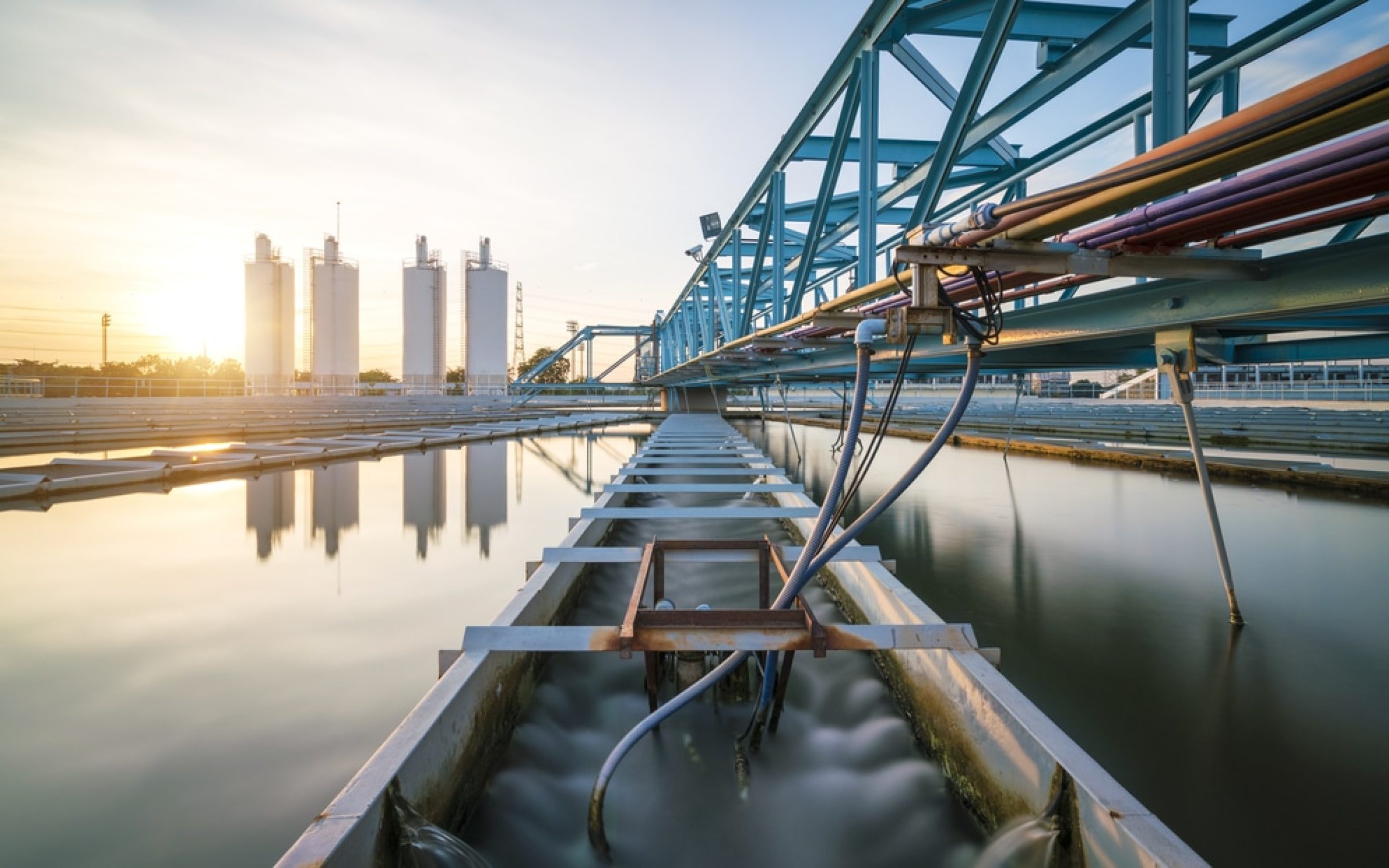If you have tears, prepare to shed them now. This week research by The Guardian revealed that 70 per cent of the UK’s water industry is in foreign ownership. Nothing wrong with that, you might say. They have to abide by the same rules as the rest of the industry, with penalties for breaking them. Who knows, the foreign owners might take a longer, more constructive and compliant view than a bunch of profit-maximising British shareholders.
If only. A combination of poorly-drafted legislation all the way back at privatisation, financial prestidigitation and the chaotic regulatory regime has drained the initial equity capital from the industry. Sewage is routinely tipped into rivers and beaches from treatment plants unable to cope with the expanding population. The finances of some of the companies are as opaque as the outfall from their discharge pipes.
The good news, such as it is, is that the companies have at last realised that they have a problem. Rather than duck, they responded to the Guardian with lists of the good things they are doing. Here is Thames Water, the biggest and ugliest of the lot, claiming that it has not paid a dividend to its (mostly foreign) shareholders for five years, and pointing to its plans to invest £2bn more than its revenue. The same sum is promised by the second-largest offender, Southern, recipient of the largest fine on the industry to date.
Only three of the 10 water companies that were privatised 30 years ago remain quoted on the Stock Exchange. Coincidentally, or not, Severn Trent, United Utilities (North West Water) and Pennon (South West Water) are also the least worst offenders. They have transparent capital structures and the directors must face the shareholders in public at annual meetings. A simple step forward presents itself. Water company licences should oblige every one of the 10 to have a London listing, and to ensure that at least 25 per cent of the shares are in public hands. Since the companies are forever pointing out how much equity capital they are having to raise to rescue their balance sheets, they ought to welcome the change.
Change there is going to have to be. The current dog’s-breakfast of regulation could have been designed to ensure inaction, as responsibility is shuttled between the Environment Agency, the regulator Ofwat and Defra, the department in overall charge. But the pressure for better behaviour is mounting. There is a constant trickle of shocking reports of Britain’s foul rivers and beaches, while several groups are gathering evidence and firepower for legal actions.
Privatising a clutch of statutory monopolies was always going to be a bridge too far. It depended on the determination of the executives and, subsequently, their private equity shareholders, to do the right thing. Faced with the prospect of becoming seriously rich by minimising spending and replacing equity with debt, the temptation has proved irresistible. Fortunately, it is not too late, because the rain it raineth every day and if nature is given half a chance, it can work miracles. The choice for the water company executives is clear: behave better, or face a growing legal challenge from an increasingly well-funded group of very cross people.
Neil Collins and Jonathan Ford publish a Podcast, A Long Time In Finance, every Friday. On Spotify, Acast or App store





